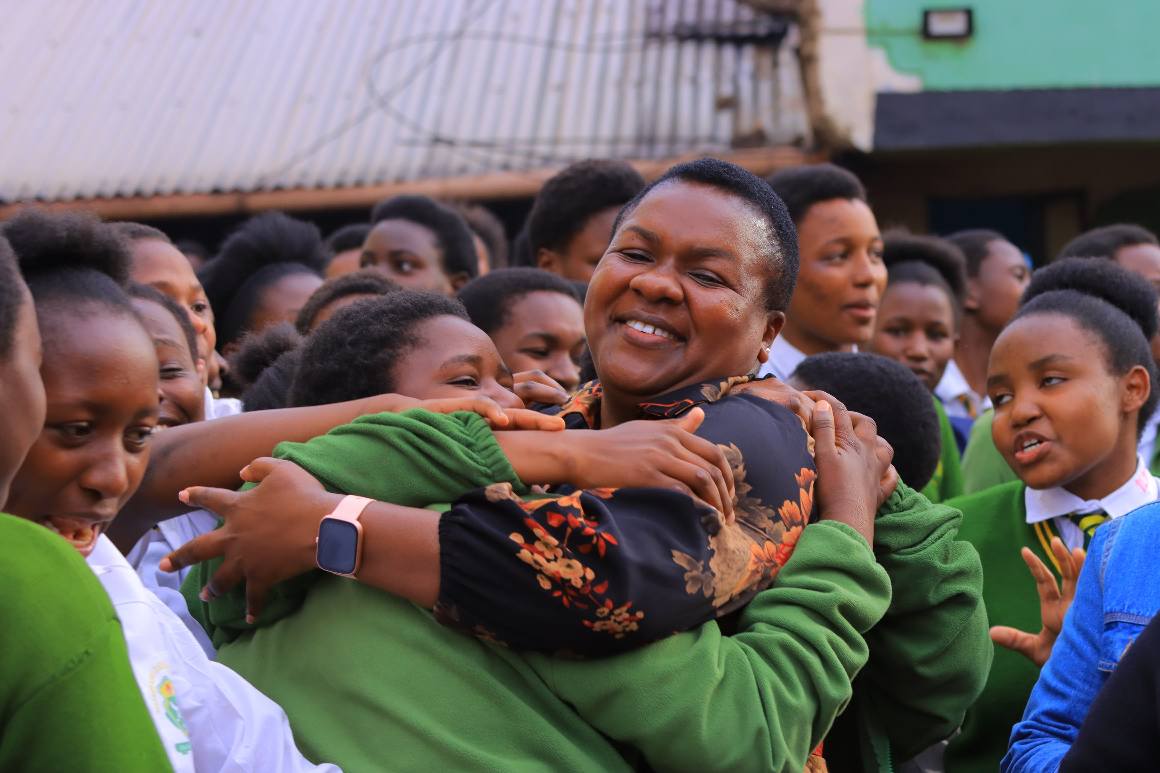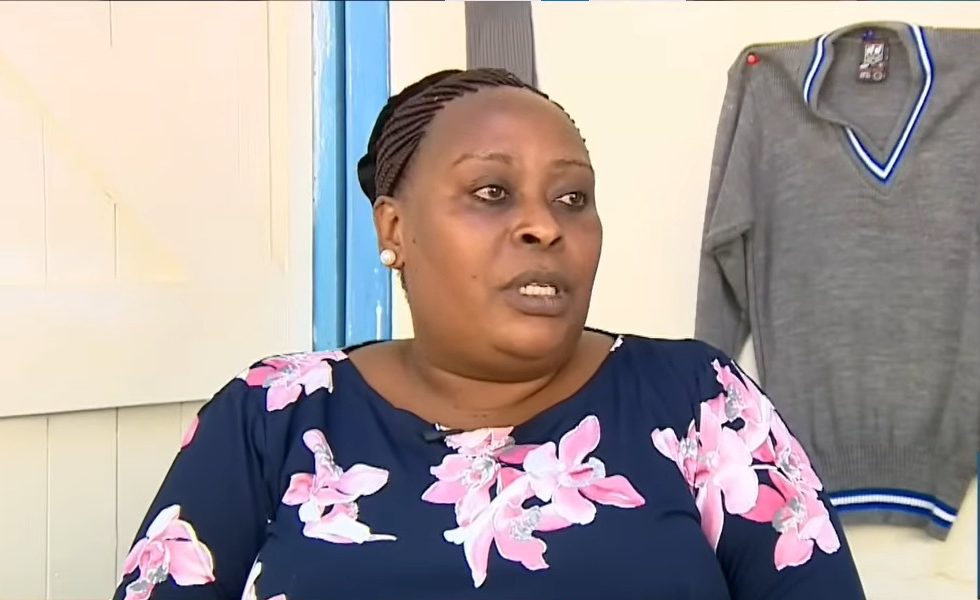By Hezron Roy
Kenya’s Judiciary and the Directorate of Criminal Investigations (DCI) have vowed to protect the Kenyan child through the enhanced Children’s Act 2022, which seeks to offer a shoulder to lean on for child victims of abuse by their significant others.
The new law is an improvement on the existing Act that has been in use for the last two decades.
Speaking during the 2nd Annual Child Justice Summit 2022 on November 28, 2022 in Nairobi, Chief Justice (CJ) and President of the Supreme Court of Kenya Hon Lady Justice Martha Koome said the Justice system must not re-victimize child victims of abuse.
According to her, the justice system ought to be a place of refuge and restitution since the children have already suffered in the hands of those who ought to have protected them.
“I am calling on us to enforce the safeguards listed in Section 134 of the Children Act and the provisions of the Victim Protection Act. At the very least I seek collaboration with the Ministry of Health to ensure these children receive psychosocial support and counseling,” she said.
The CJ noted that though the children are at times in conflict with the law, they remain in need of care and protection, and therefore entitled to various safeguards, including diversion of their cases as stipulated in Section 227 of the Children Act.
“It has come to our attention during institutional visits that occasionally, children are held in police station cells for longer than three months while their cases are on trial,” said Koome.
She added: “The child, typically around the age of 16, whose home is a police cell, does not have access to education or health as they sleep on the hard cold floor.”
She noted that detention of children as provided for in the Constitution and Section 223 of the Children Act ought to be a measure of last resort, reminding judicial officers that Section 225 of the Children Act guarantees the welfare of the children by taking steps to remove a child from undesirable surroundings.
Koome reminded the children of their rights as contained in the Children’s Act, which covers all children regardless of their status, ethnicity, race, disability, gender, or social status.
They include right to: life, survival and development, a name and identity, participate in matters that affect them and be heard, health, education and play, and be protected from all forms of violence, especially harmful cultural practices and online sexual abuse.
However, the CJ reminded children that the rights also come with the responsibility of respecting other peoples’ rights. In this space, they have a duty to respect their parents and elders and live in harmony with others as not to harm or abuse other children or destroy property.
“You are also required to attend school and protect the environment, which is absolutely critical for your future. This means that the law protects you on one hand, and with another hand, instills discipline in you when you go against these laws,” added Koome.
The Supreme Court boss called upon institutions of higher learning to mainstream child rights in their areas of study.
On his part, DCI boss Mohammed Amin assured that the department will implement the changes in the enhanced Children’s Act 2022, stating that the DCI’s Anti-Human Trafficking and Child Protection Unit will be at the forefront in the implementation of the progressive law aimed at curbing the mutating offences against children.
“Our mandate as the country’s foremost investigative agency is to ensure that we enforce all laws, including those concerning the protection of our children; a call of duty that we shall continue to execute without prejudice,” said Amin.
The two-day summit, which was officially opened by the CJ with the theme ‘A New Dawn for the Kenyan Child: Opportunities in the Children Act No 29 of 2022’ , was convened by the National Council on the Administration of Justice (NCAJ) through its Standing Committee on the Administration of Justice for Children.
The Summit came on the backdrop of the gazettement of the Standing Committee on the Administration of Justice for Children, which is the first law to deliberately seek the views of children and include them within the law.





